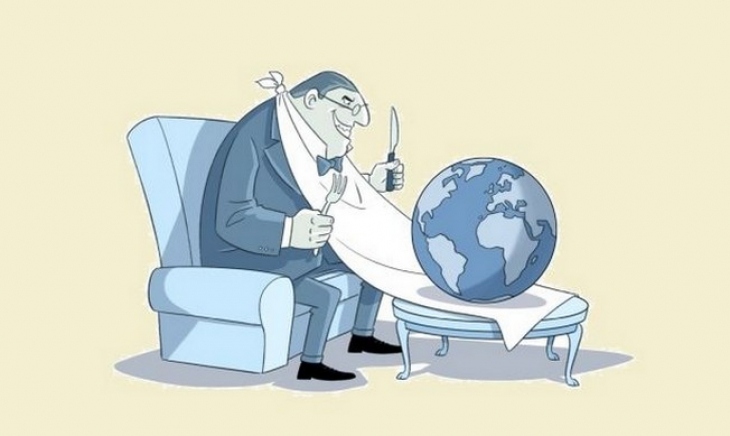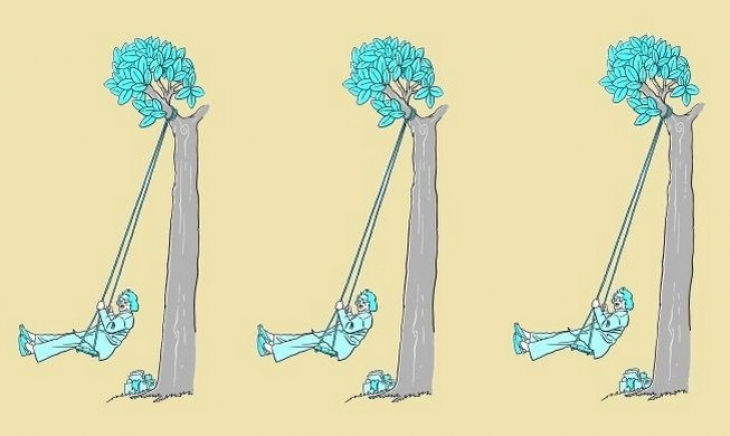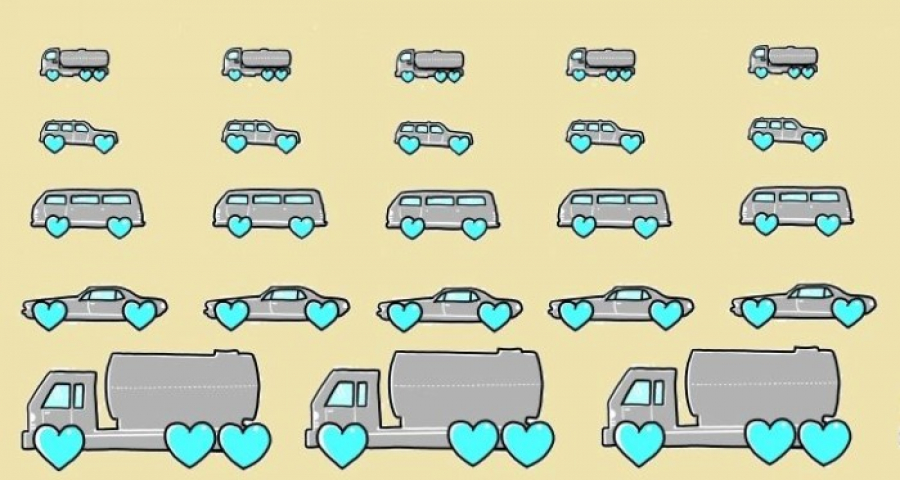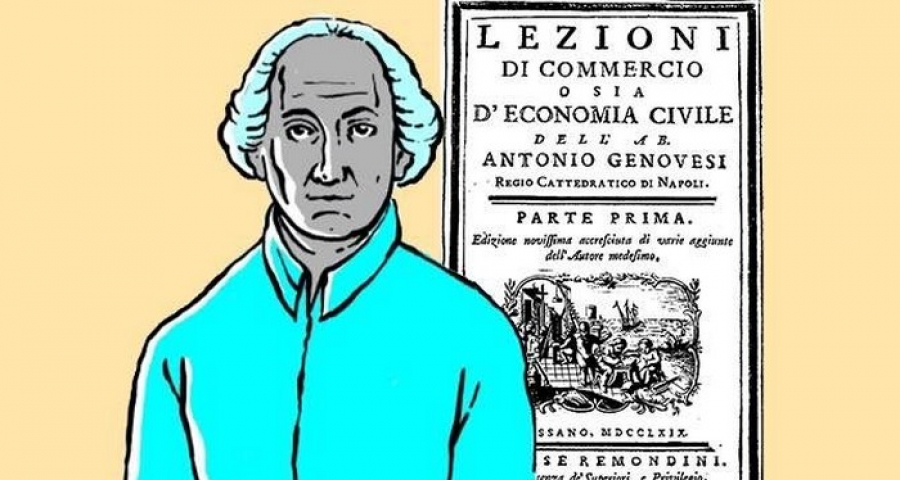The first rule of every economy is the balance between income and expenditure. Good economy starts with income and adjusts expenditure based on it. It is a pity that this is not the case in our country lately...
by Luigino Bruni
published in Il Messaggero di Sant'Antonio on 07/09/2023
One day, while surfing TV channels, in search of something interesting, I came across a programme about large Italian hotels. A group of people went to be hosted in these luxury hotels and then made an assessment of the various services offered in them. What struck me in this programme was the total absence of the dimension of the so-called ‘budget constraint’: the evaluators ordered dinners, various services, without ever worrying about their price, as if they lived in a world in which the cost of a service or a commodity was not an important element in choosing. Ordinary families watch these programmes, and then come across the advertisements for easy loans, starring (unfortunately) a nice face from our TV drama series – in the end, it is not that difficult to put the pieces together. That is, to think that the life displayed in those programmes that consists of holidays in stellar hotels in a world with no family budget constraints becomes possible and easy thanks to easy loans from nice people and friendly financial institutions that are only there to serve our happiness.
Too bad that the reality and data about our country look very different. Along with the boom of luxury holidays of the lower and middle classes, the use of usury, gambling, and thus the poverty associated with these irresponsible dreams pushed by the media system are in constant growth, out of control. The first rule of every economy (which means, let us not forget, ‘housekeeping’) is the balance between income and expenditure. Good economy starts with income and adjusts expenditure based on it. The consumerist humanism of our time, which is more and more like a religion, reverses this order. It starts with the desires for goods and activities, hence the expenditure, and then points us to the means of procuring the income, without telling us, irresponsibly, that the income in debt is just more expenditure postponed in time. So we cover expenditure with other expenditure, in naive mechanisms that lead to economic crises (not infrequently) of whole families.
Our entire post-capitalist world is based on a mismanagement of desires. A perpetual and limitless adolescence, built on the pleasure principle (of Sigmund Freud), without ever reaching the reality principle, a reality that would reveal something extremely important, perhaps decisive for the future of our time. We know from psychology (Jacques Lacan) and, above all, from life that the satisfaction of desires is not the decisive operation for the most important and profound types of joy in life. Because our highest desire is desiring a desire that desires us, it is a meeting of reciprocity of desires, which only comes about when our desire invests people, who can in turn desire and desire us.
That is why religious desire is the mother of all desires: desiring a God who desires us. And when we desire someone who desires us, happiness does not consist in fulfilment but in remaining in a perpetual unfulfillment that increases the reciprocity of desires - a person who fulfils this desire would be a commodity, we know that. The people we love change our desires, we change theirs, and life becomes a continuous process of discovery. Our promised land is relational goods, not commodities. Capitalism knows this, it does not know how to sell relational goods and so it does everything to simulate them, selling us goods that resemble relationships. As long as we are aware of this bluff we will still be free: “I implore you God, my dreamer, do not stop dreaming of me” (Jorge Luis Borges).
Credits photo: © Giuliano Dinon / MSA Archive













